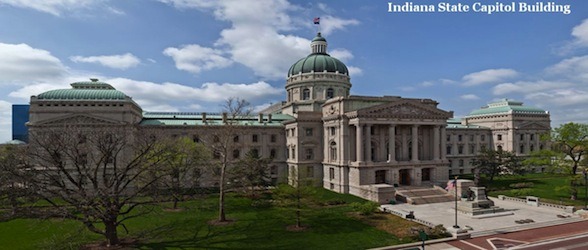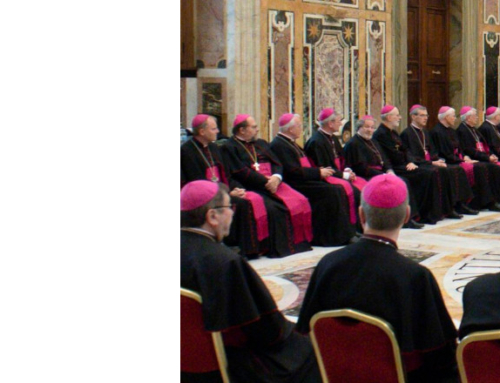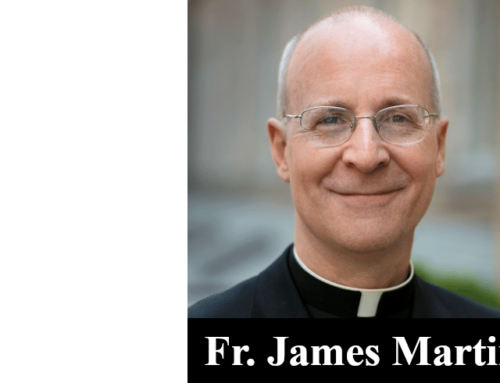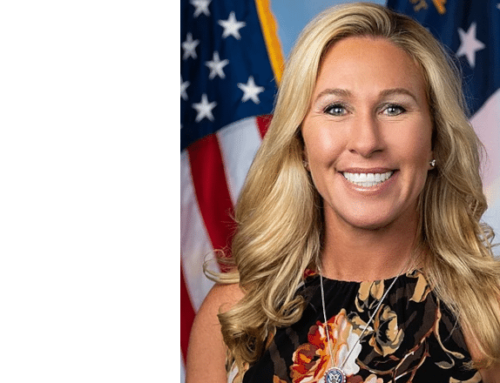
If a young woman who cannot take care of her child elects not to abort her baby, and seeks to place her offspring in the care of a religious agency, most people would say she has every right to do so. However, Indiana’s attorney general recently decided that the woman placing her baby in a typical religious adoption agency should not expect that her baby will be raised in the religion of her choice. That’s because the typical religious institution, like all private institutions, does at least some of its business with the public sector, often in the form of state or federal contracts. The attorney general concluded that the traditional religious exemption from state oversight should no longer apply.
This week the Indiana Senate Law Committee voted 7-0 to advance a bill to the full Senate that overturns the attorney general’s decision. Under federal law, government contracts to religious institutions does not mean that these entities cannot hire on the basis of religion. What the Indiana panel is doing is securing for religious institutions the right to contract with state agencies without forfeiting their right to affirm their religious prerogatives. They are doing the right thing.
The issue that sparked this debate was the right of Indiana Wesleyan University to hire on the basis of allegiance to its Christian tenets. It maintains a set of lifestyle strictures governing sexual expression, as well as on matters such as smoking, that employees are expected to respect. Those who believe in tolerance, diversity, and voluntary consent should applaud the right of this school to determine its own rules.
The media are spinning this story as the right of religious institutions to discriminate in hiring. A more honest appraisal would question the authority of the government to sit in judgment of the hiring criteria of religious institutions, with or without a state contract.
The Catholic League applauds the work of this Indiana panel and looks forward to a favorable vote in the full Senate.







